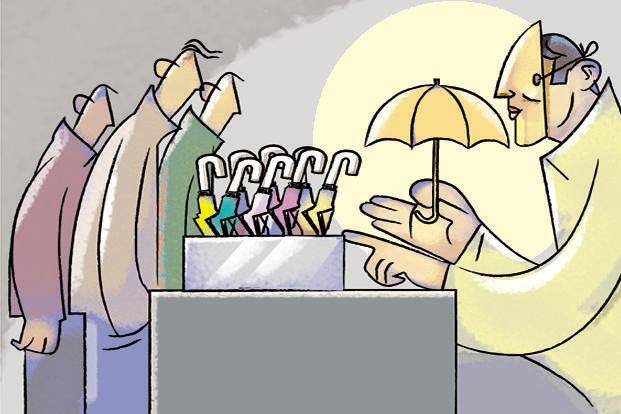
In recent years, there has been a concerning trend of insurance products being wrongfully sold to doctors in India. These products, often misrepresented or unsuitable for doctors’ needs, can result in financial loss, frustration, and distrust in the insurance industry. In this article, we explore the implications of wrong selling insurance products to Indian doctors and provide guidance on how to avoid falling victim to such practices.
The Impact of Wrong Selling:
Financial Loss: Doctors who are sold insurance products that do not align with their needs or goals may end up paying premiums for coverage they do not require. This can lead to wasted resources and a sense of disillusionment with the insurance industry.
Lack of Coverage: In some cases, doctors may unknowingly purchase insurance policies that offer inadequate coverage or exclude essential benefits. This leaves them vulnerable in the event of unexpected medical expenses or liabilities.
Trust Erosion: Wrong selling erodes trust between doctors and insurance providers, undermining the integrity of the insurance industry as a whole. Doctors may become hesitant to engage with insurance agents or companies, fearing further exploitation.
Legal Ramifications: Misrepresentation or fraudulent selling practices can have legal consequences for insurance agents and companies involved. Doctors who have been wrongfully sold insurance products may pursue legal action to seek recourse for their losses.
Factors Contributing to Wrong Selling:
Lack of Understanding: Some insurance agents may lack a thorough understanding of doctors’ unique financial needs and may recommend products based on commission incentives rather than suitability.
Pressure to Sell: Agents under pressure to meet sales targets or quotas may resort to aggressive or misleading sales tactics to persuade doctors to purchase insurance products.
Complexity of Products: Insurance products can be complex, with intricate terms, conditions, and exclusions. Doctors may be misled by confusing or misleading information presented by agents, leading to uninformed purchasing decisions.
Commission-Based Incentives: Commission-based incentives for insurance agents may incentivize them to prioritize sales volume over the best interests of their clients, leading to wrong selling practices.
Avoiding Wrong Selling:
Conduct Due Diligence: Before purchasing any insurance product, doctors should conduct thorough research, seek advice from trusted financial advisors, and carefully review policy terms and conditions.
Ask Questions: Doctors should not hesitate to ask insurance agents probing questions about policy features, coverage limits, exclusions, and any potential conflicts of interest.
Seek Independent Advice: Consulting independent financial advisors who do not have a vested interest in selling specific insurance products can provide unbiased guidance on selecting the most suitable coverage options.
Report Wrongful Practices: Doctors who encounter wrong selling practices should report them to the appropriate regulatory authorities or consumer protection agencies to prevent further exploitation of others.
Conclusion:
Wrong selling insurance products to Indian doctors is a concerning phenomenon that can have detrimental consequences for both doctors and the integrity of the insurance industry. By understanding the implications of wrong selling, exercising caution when purchasing insurance products, and advocating for transparency and accountability in sales practices, doctors can protect themselves from financial exploitation and contribute to a more ethical insurance marketplace.